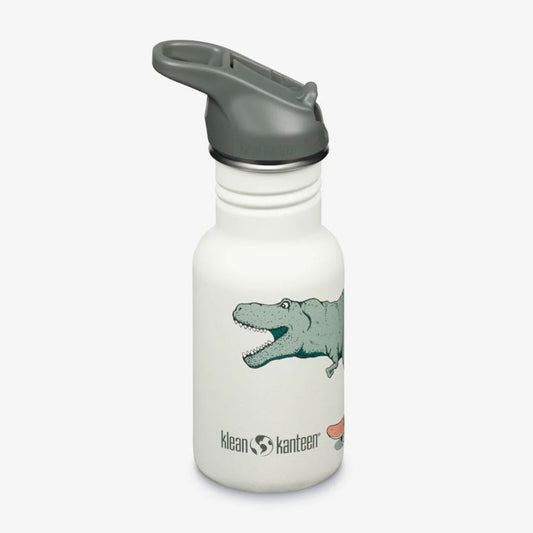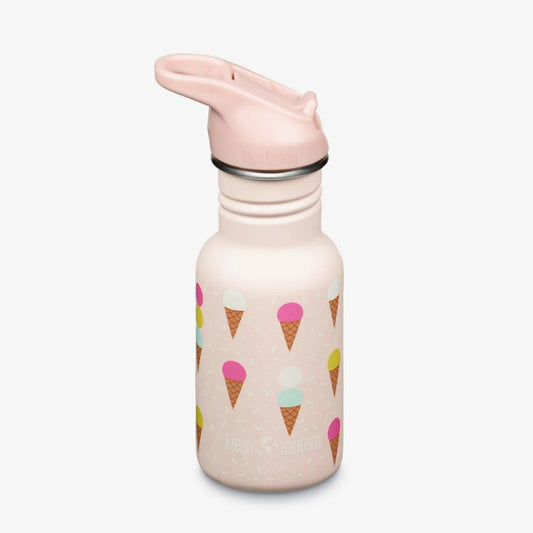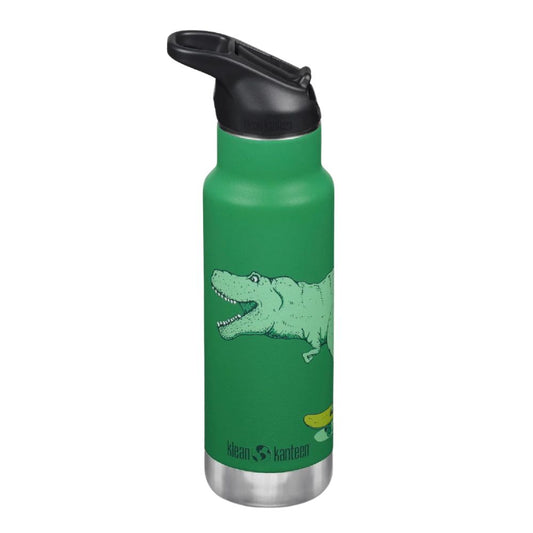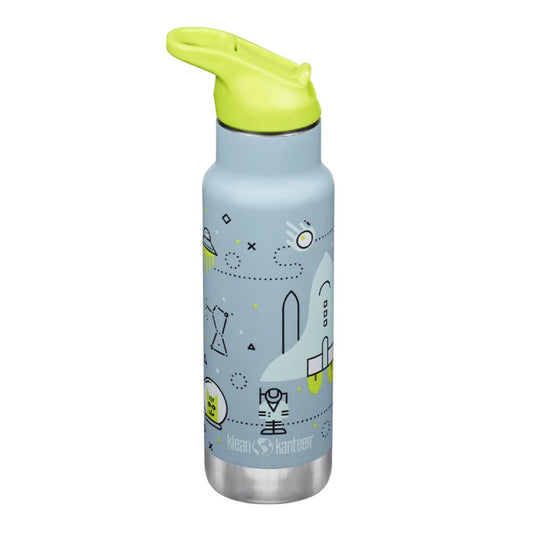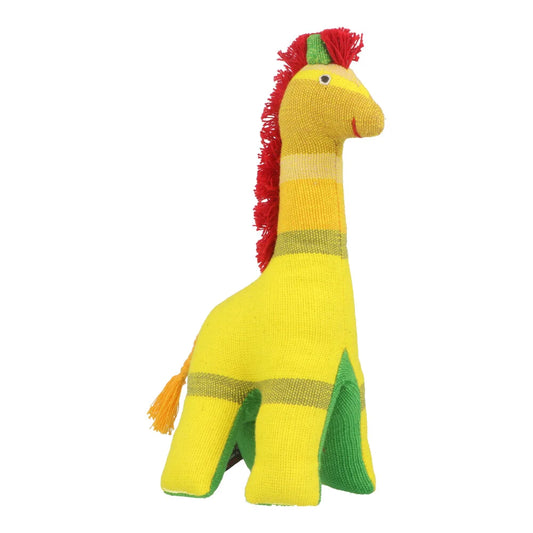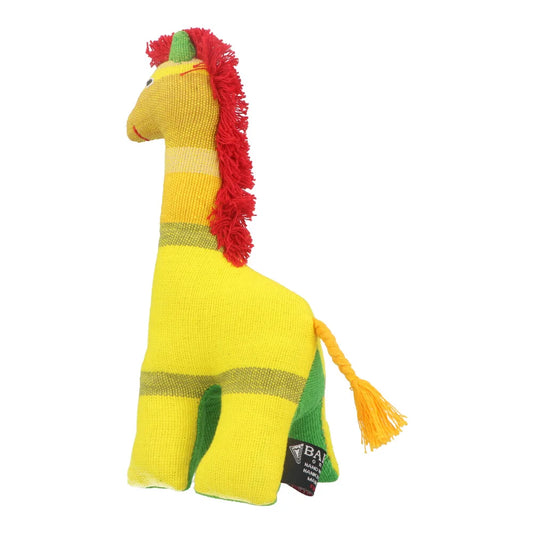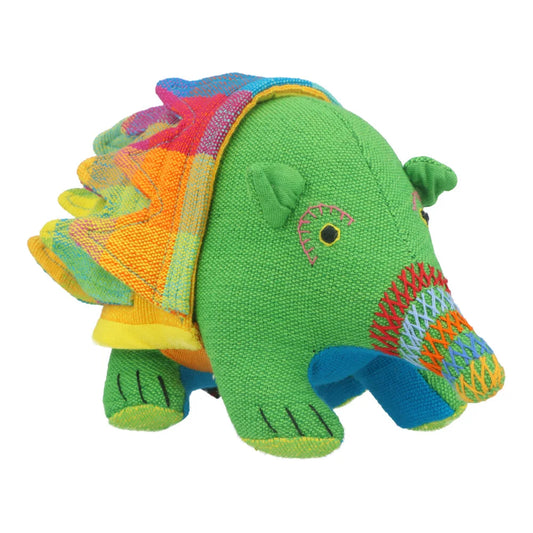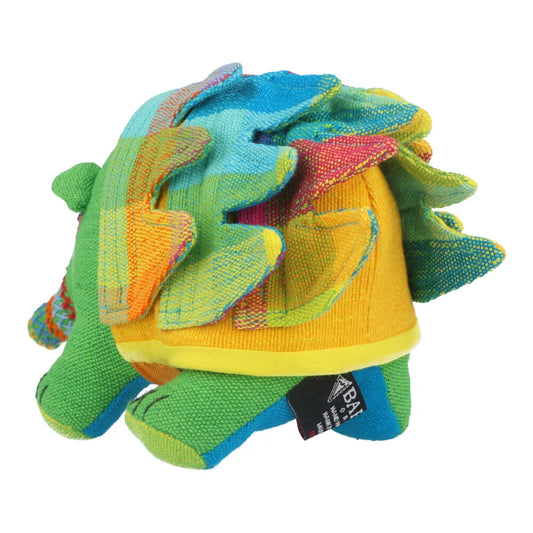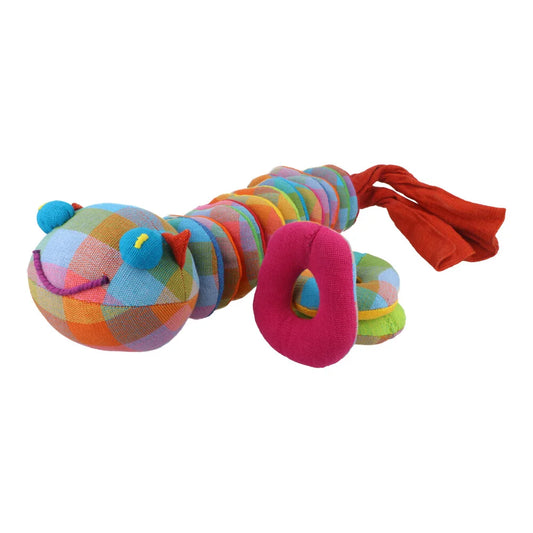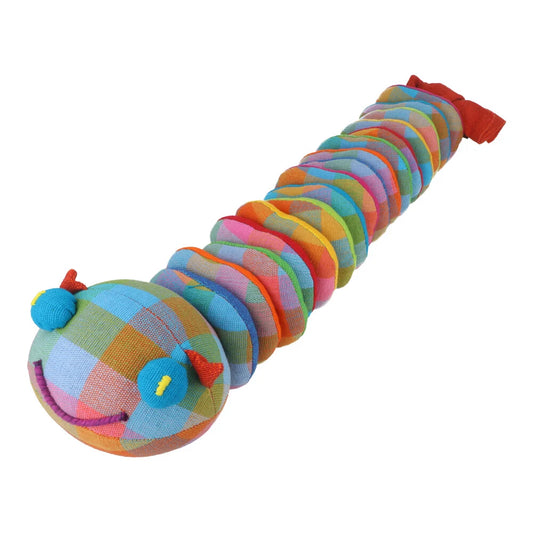With the recent cold snap, I went to the cupboard to retrieve my plastic hot water bottle, only to discover that it had deteriorated and was falling apart. Desperate for some warmth in bed, I remembered the wheat heat pack we use for pain relief. I heated it in the microwave and, to my pleasant surprise, it provided ample warmth. It finally made me question my habit of using a plastic hot water bottle when the wheat pack was a better, safer, and more natural solution that did not expose me to PVC. It felt much more gentle and snuggly, and gave off a lovely, calming lavender scent, rather than the horrible hot plastic smell.
Many of us grew up using traditional plastic hot water bottles. However, as we become more conscious of environmental and health concerns, it’s worth considering the advantages of microwaveable wheat heat packs.
Most hot water bottles are made from toxic PVC that, especially when heated, can release harmful chemicals, including phthalates and dioxins.
What Are Plastic Hot Water Bottles Made From?
Plastic water bottles are typically made from Polyvinyl Chloride (PVC) or Thermoplastic Polyurethane (TPU). These materials are derived from fossil fuels through complex chemical processes. The production of plastic involves significant energy consumption and releases harmful chemicals into the environment. Most plastic products are manufactured in large-scale industrial facilities, often located in countries with less stringent environmental regulations. This results in a substantial carbon footprint due to both the production process and the transportation required to distribute these products globally.
Problems with Using PVC Items for Heat
Using PVC for heat-related applications poses several problems:
1. Chemical Leaching: When heated, PVC can release harmful chemicals, including phthalates and dioxins. These substances are associated with various health issues, such as hormonal disruptions and cancer. Repeated exposure to these chemicals, even in small amounts, can be detrimental to health.
2. Degradation: PVC can degrade over time when exposed to heat, leading to brittleness and cracks. This degradation not only reduces the lifespan of the product but also increases the risk of burns from leaks.
3. Odour: Heating PVC often produces an unpleasant, chemical smell, which can be irritating and concerning for users. This odour is a result of the release of volatile organic compounds (VOCs), which can contribute to indoor air pollution.
4. Environmental Impact: The production and disposal of PVC involves significant environmental harm. The manufacturing process releases hazardous chemicals into the air and water, contributing to pollution and health hazards for factory workers and surrounding communities. Disposal is equally problematic, as PVC is not biodegradable and often ends up in landfills, where it can release toxins for years.
Dangers of Burns from Hot Water Bottles
Hot water bottles can pose a significant risk of burns. Filling a hot water bottle requires handling boiling water, which can lead to accidental spills and scalds. Additionally, if the bottle is overfilled or the cap is not securely fastened, it can leak, causing severe burns. The Australian Competition and Consumer Commission has reported numerous injuries associated with the improper use of hot water bottles, highlighting the potential dangers.
Introducing Microwaveable Wheat Heat Packs
Microwaveable wheat heat packs, on the other hand, are made from natural, renewable resources. These heat packs typically consist of an outer fabric cover, often made from cotton, linen or hemp, and an inner filling of wheat grains.
The simplicity of their design means they can be produced with minimal environmental impact.
Our heat packs are crafted in small batches, using locally sourced materials, which supports local economies and reduces the carbon footprint associated with transportation.
Environmental Benefits
1. Sustainable Materials: Wheat heat packs use natural materials that are biodegradable and renewable. The outer fabric cover and wheat filling decompose naturally, reducing waste in landfills.
2. Lower Carbon Footprint: The production of wheat heat packs is less energy-intensive compared to plastic. By sourcing materials locally and producing heat packs in small batches, the overall carbon footprint is significantly reduced.
3. Minimal Chemical Use: Unlike the chemical-intensive production of plastics, the creation of wheat heat packs involves minimal use of synthetic chemicals, making them a healthier choice for both users and the environment.
Practical Benefits
1. Ease of Use: Microwaveable wheat heat packs are incredibly easy to use. Simply heat them in the microwave for a few minutes, and they are ready to provide soothing warmth. No need to boil water or handle a potentially leaky bottle.
2. Even Heat Distribution: Wheat heat packs conform to the shape of your body, providing even heat distribution. This can offer more effective relief for sore muscles, joint pain, and menstrual cramps.
3. Gentle Heat: The heat provided by wheat packs is gentle and soothing, reducing the risk of burns. Unlike hot water bottles, which can become very hot and potentially cause burns, wheat heat packs offer a more consistent and controlled heat.
4. Comfort and Safety: The soft fabric cover of wheat heat packs feels comfortable against the skin, and there is no risk of burns from hot water spills, making them a safer option, especially for children and the elderly.
5. Aromatherapy Benefits: Many wheat heat packs are infused with essential oils or herbs like lavender, adding an element of aromatherapy to the soothing heat, which can help to reduce stress and promote relaxation.
You can continue to top up the scent by adding a few drops of essential oils before heating.

Supporting Local Economies

Choosing an Australian-made wheat heat pack from Wheatbags Love or Thurlby Herb Farm not only benefits the environment but also supports local businesses and economies. By purchasing locally made products, you are contributing to the well-being of your community and encouraging sustainable business practices.
If you're interested in making the switch, consider exploring local Australian brands that produce these wonderful heat packs. Not only will you be supporting sustainable practices, but you'll also be investing in a product that offers comfort, convenience, and peace of mind.
So next time you need some warmth and comfort, embrace the simplicity of a locally made, wheat-filled natural option and enjoy the soothing warmth of a microwaveable wheat heat pack.
Shop all our wheat heat packs here >









